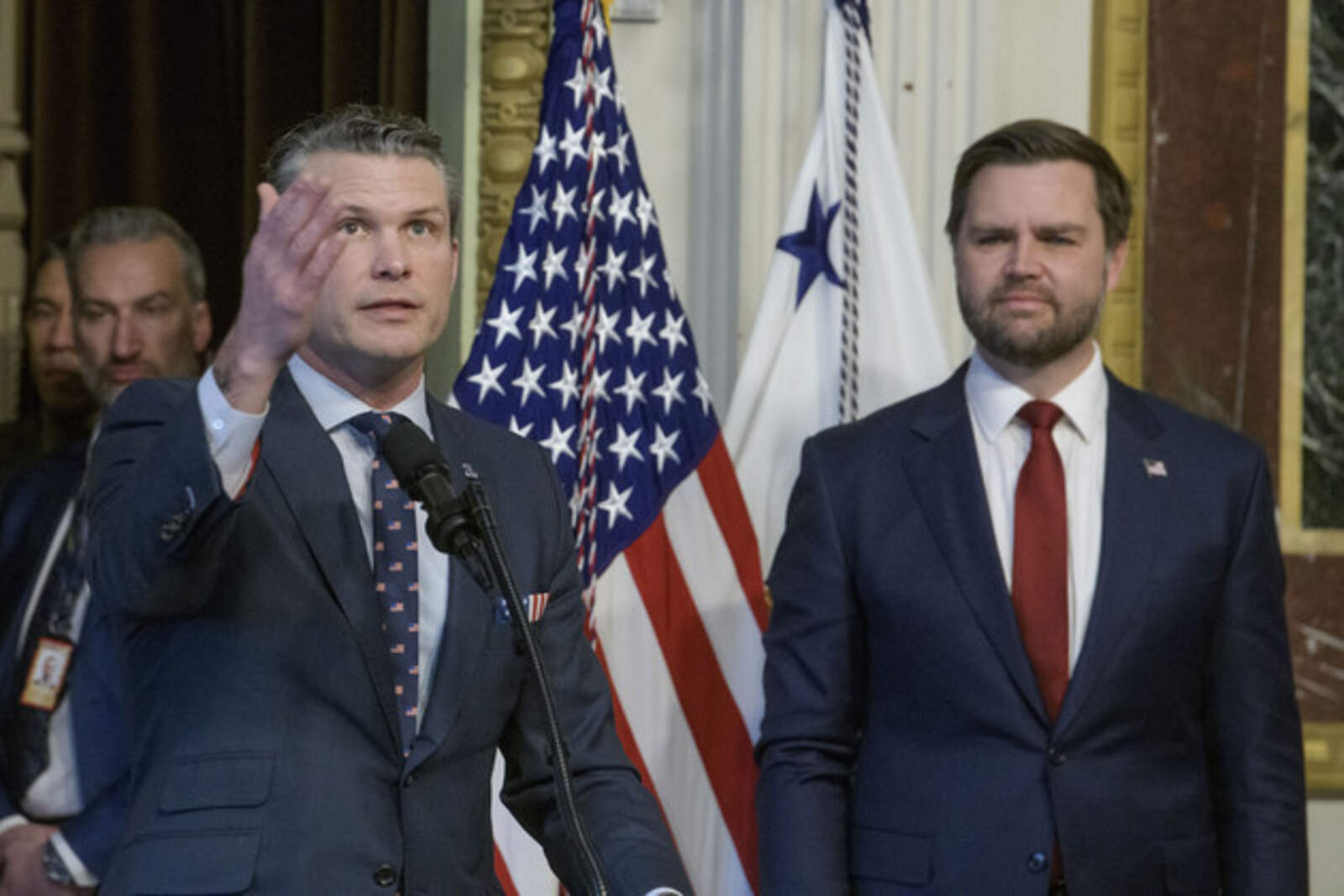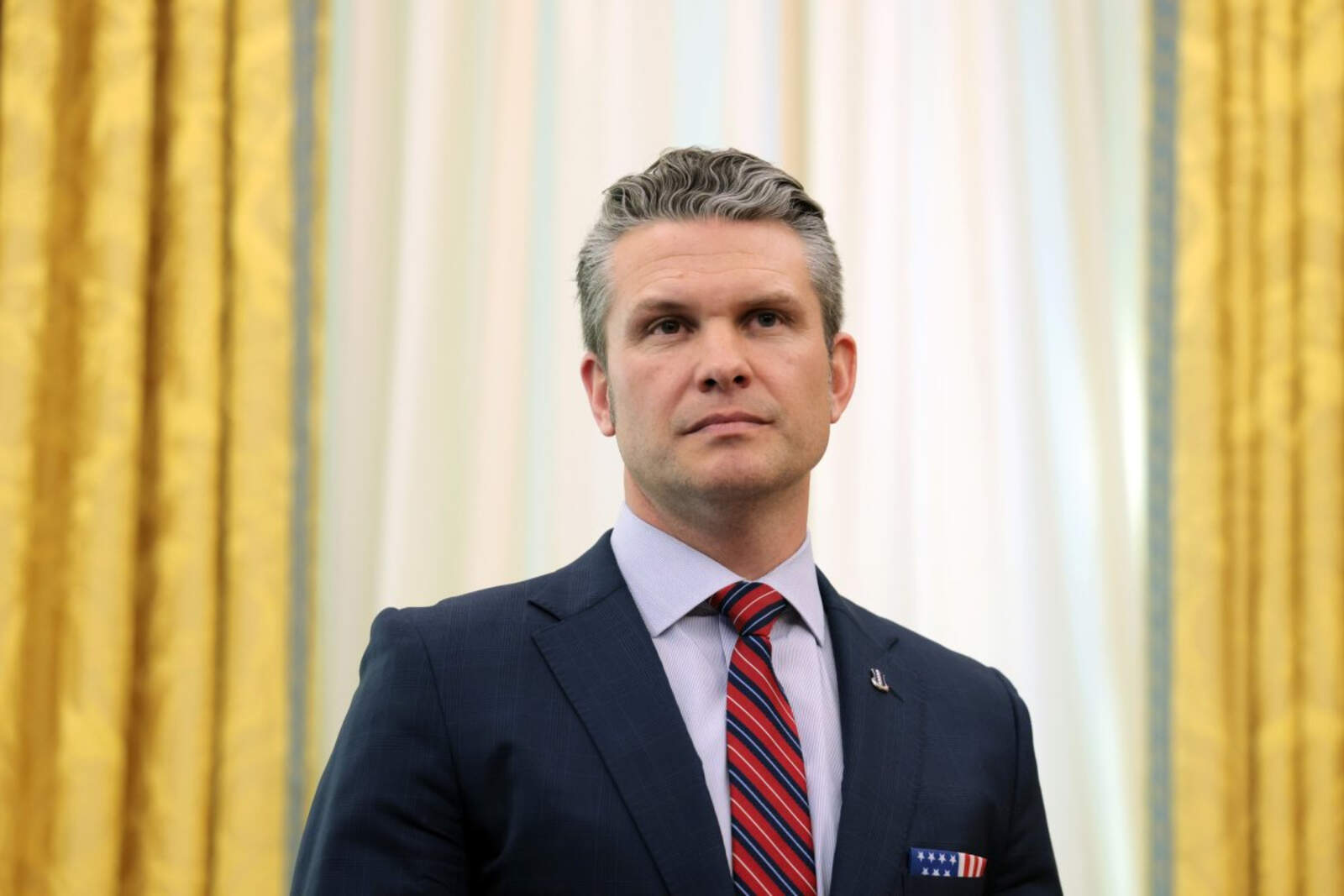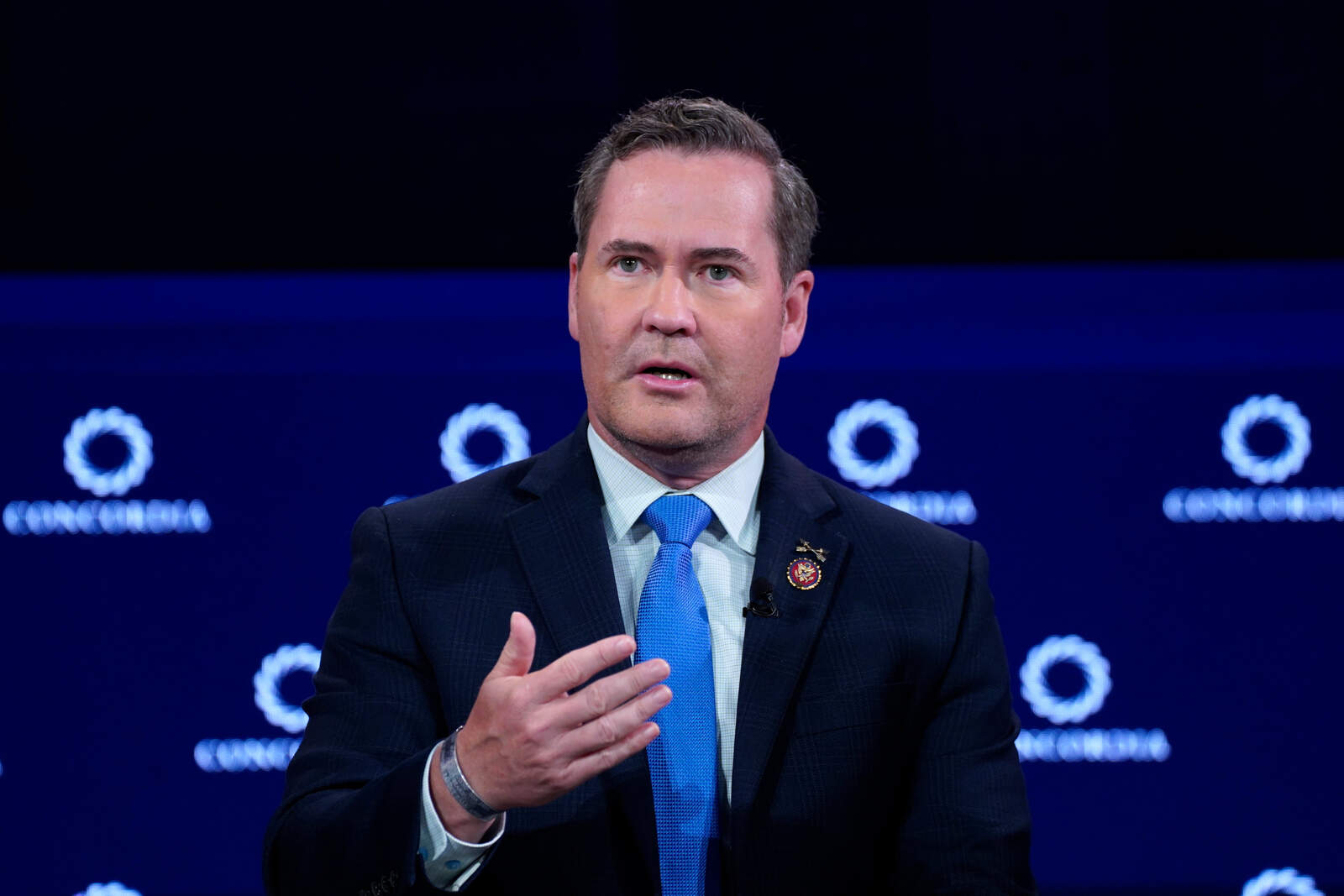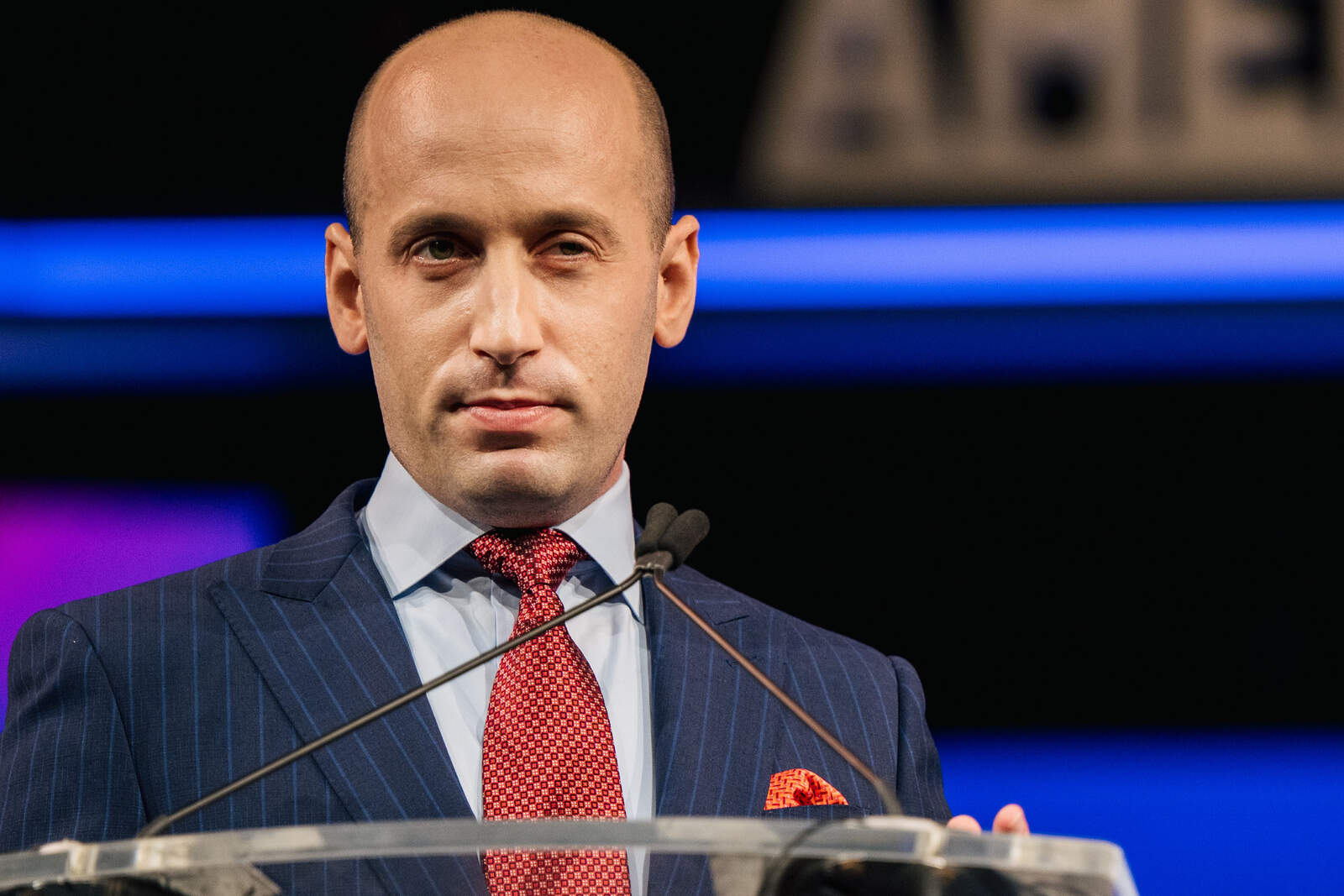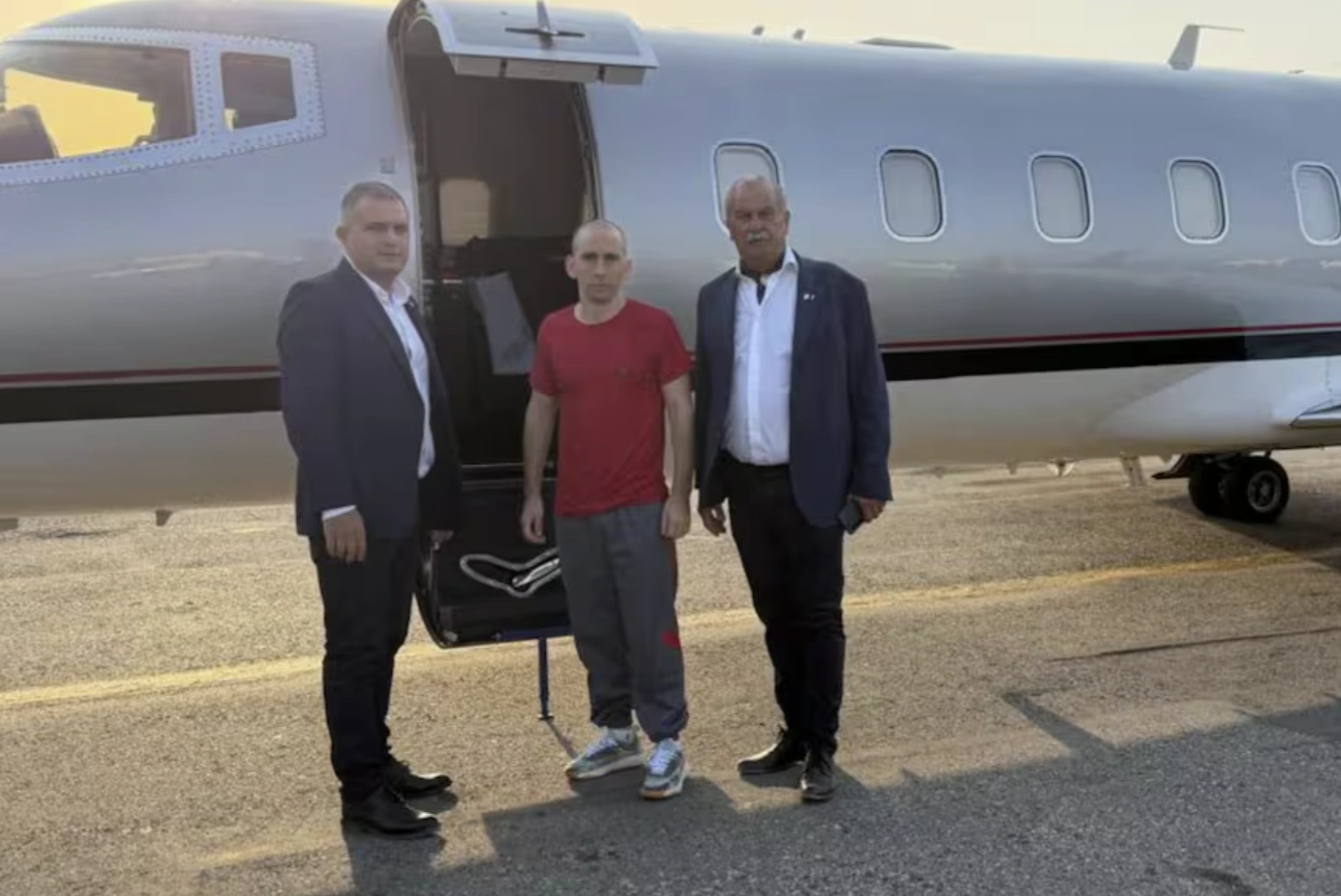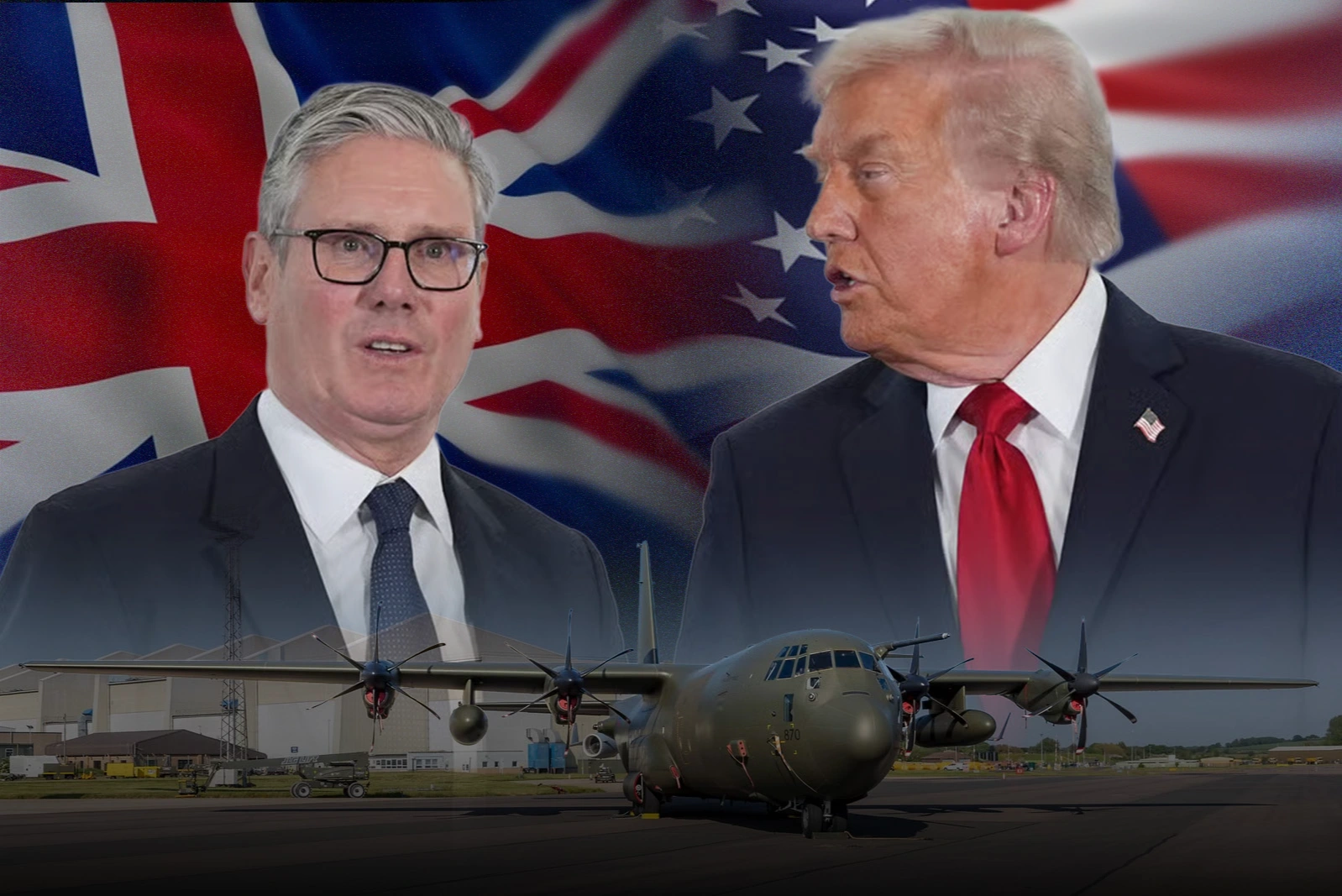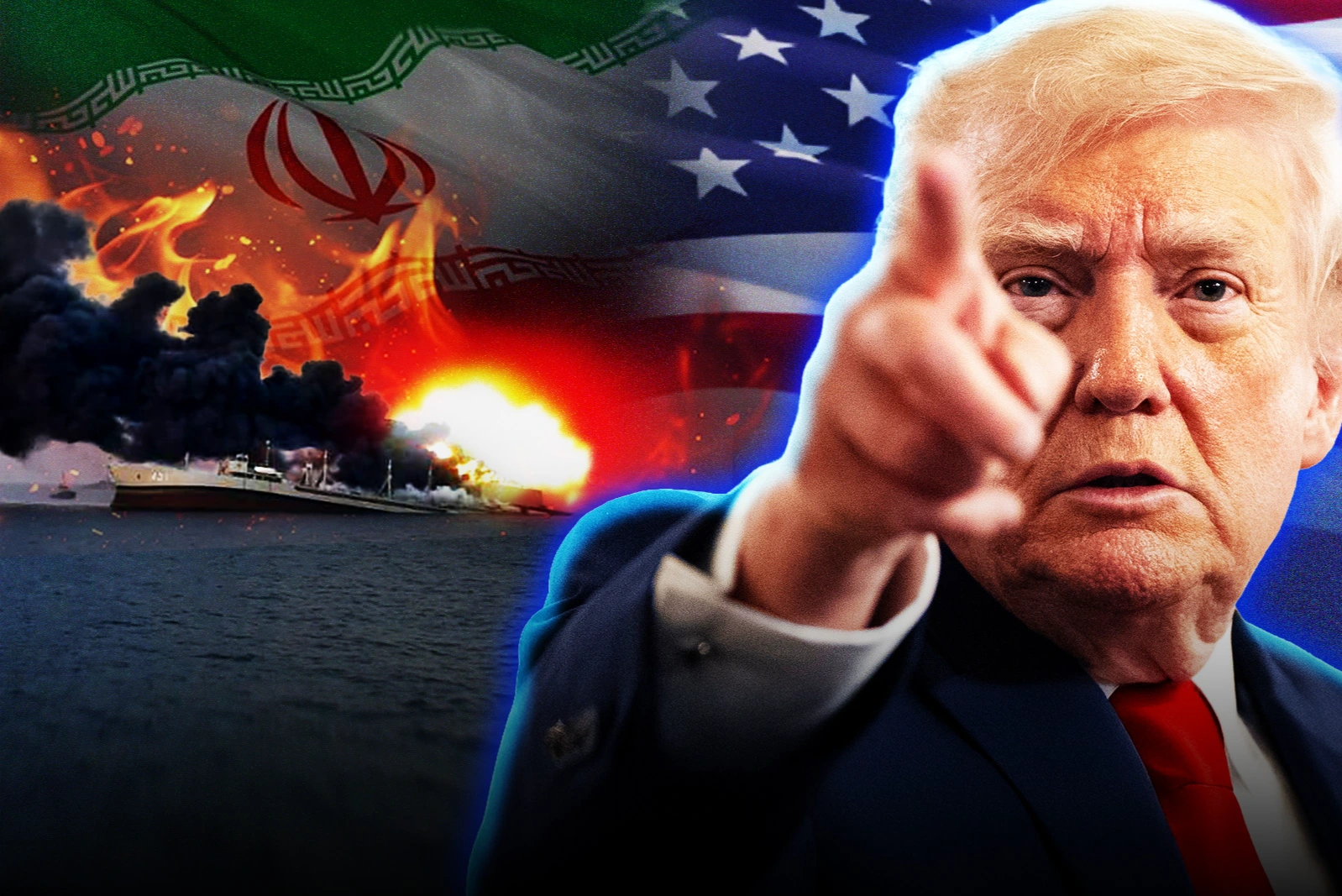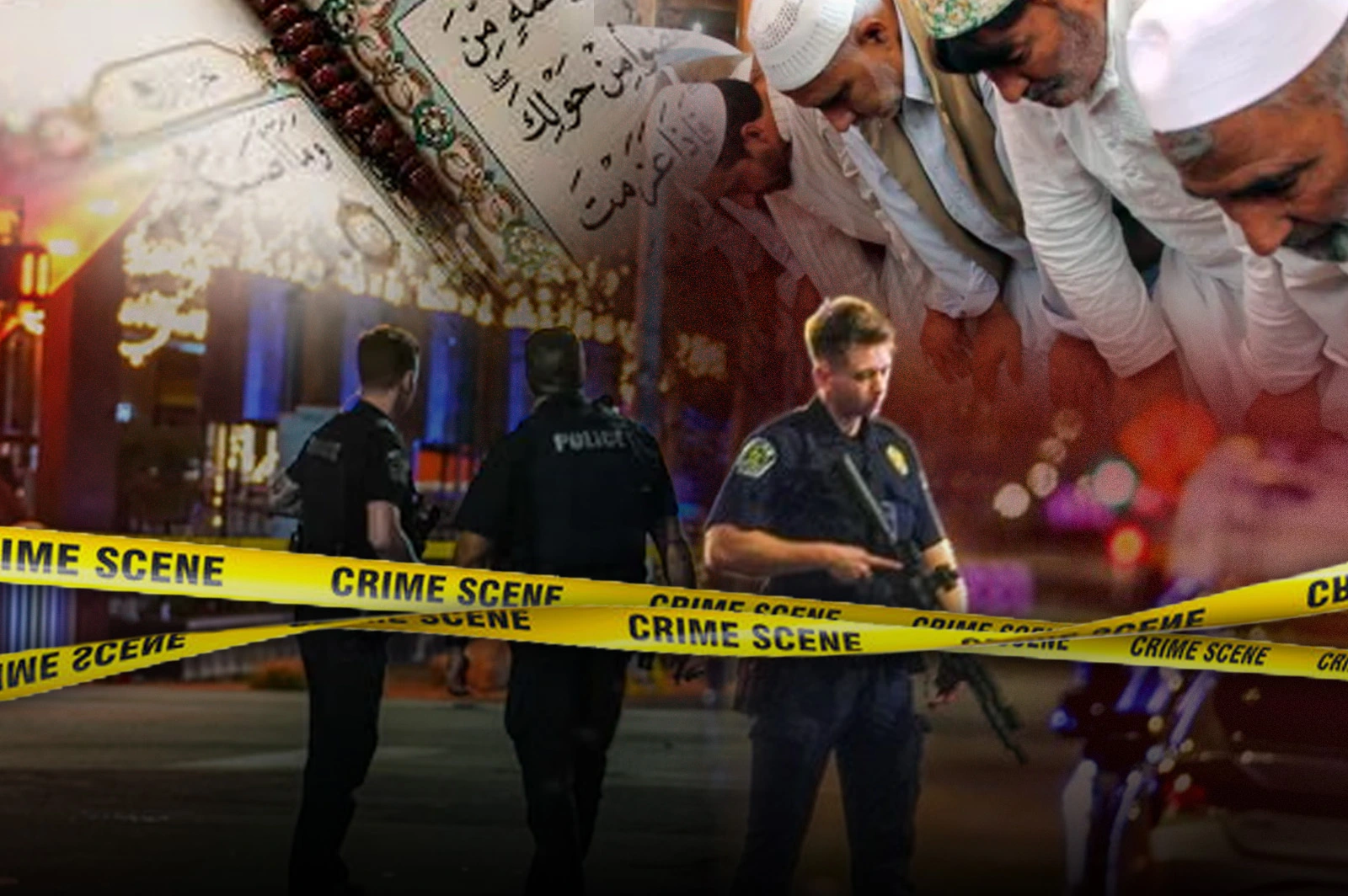In recent weeks, the United States carried out a massive attack on positions controlled by the Houthi terrorists in Yemen. However, these attacks were overshadowed by the recent leak of the chats from Trump's cabinet regarding their positions on the organization of the attack.
Among the messages that were revealed to the public in the last few hours, it can be seen how there are different points of view on the mode and timing of the attack. After the Secretary of Defense, Pete Hegseth, announced the attack, some disagreements among some officials, including Vice President JD Vance, became evident.
One of the viewpoints against carrying out the attack at that time was that of Vice President Vance. He argued that due to the maritime trade flow that runs through the Suez Canal (3% of the American and 40% of the European), he couldn't foresee a correct reaction from the public opinion.
Although the Vice President pointed out this possible eventuality, he assured that he was willing to accept the consensus on what was decided and recommended carrying out the actions proposed by President Trump.
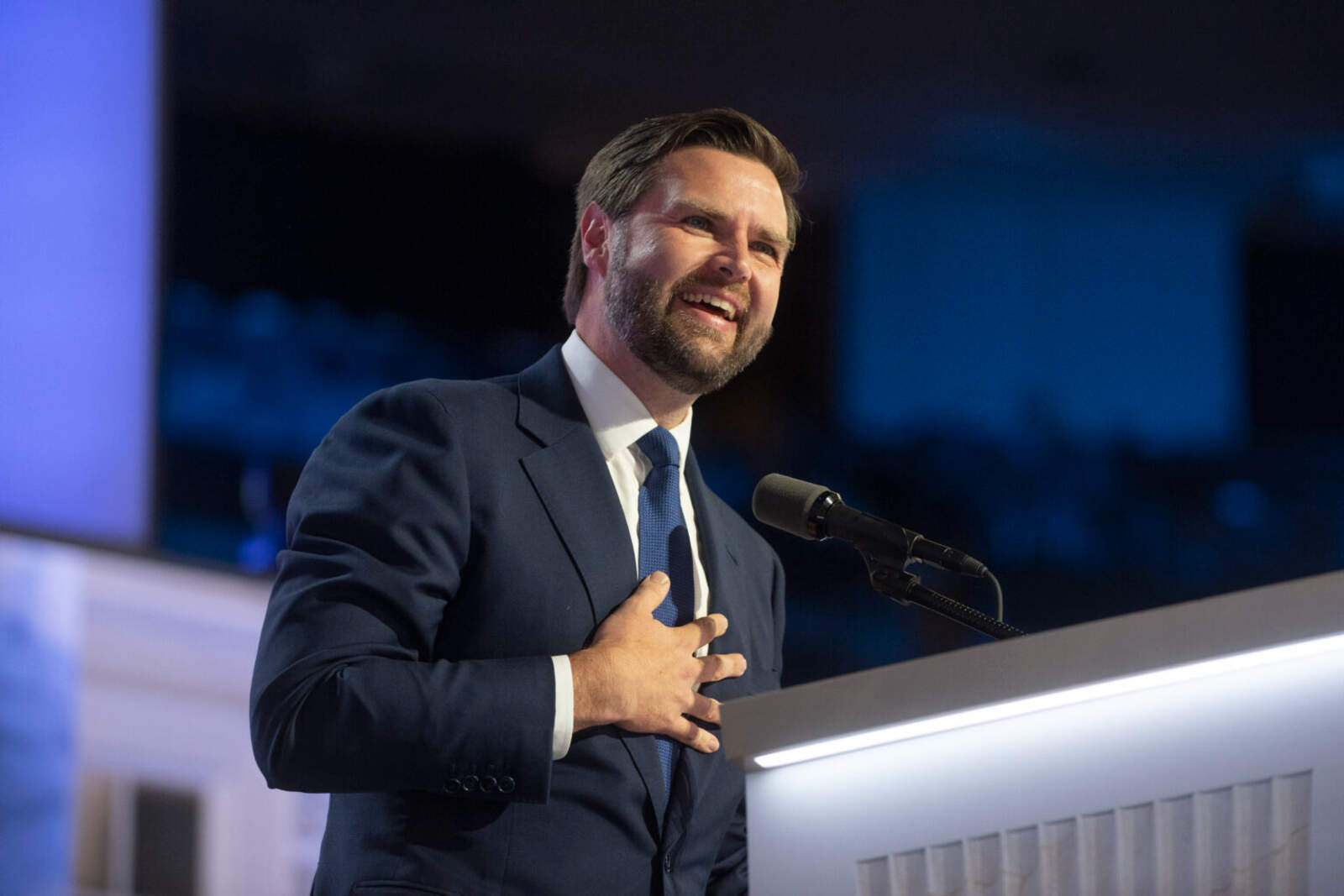
The chat began about 3 days before the attack, when the National Security Advisor, Mike Waltz, organized a meeting with delegates from the main areas related to the country's security, accidentally adding journalist Goldberg to the group.
Waltz later reported that in light of the events that would be carried out, they would work jointly with the Department of Defense, the Chief of Staff, and the offices of the Vice President and the President of the United States, to keep them informed.
It was at that moment that Vice President Vance expressed his concerns about carrying out the attack at that time. In response, the delegate from the Secretary of Homeland Security Tulsi Gabbard, Joe Kent, mentioned that they would handle the same options in the future.
Kent used in his argument the intentions of the Israeli armed forces, which would receive some impacts from the Houthis and would request military support from the United States. Additionally, to provide reassurance to Hegseth and Waltz, Kent provided a list of possibilities to ease maritime traffic.
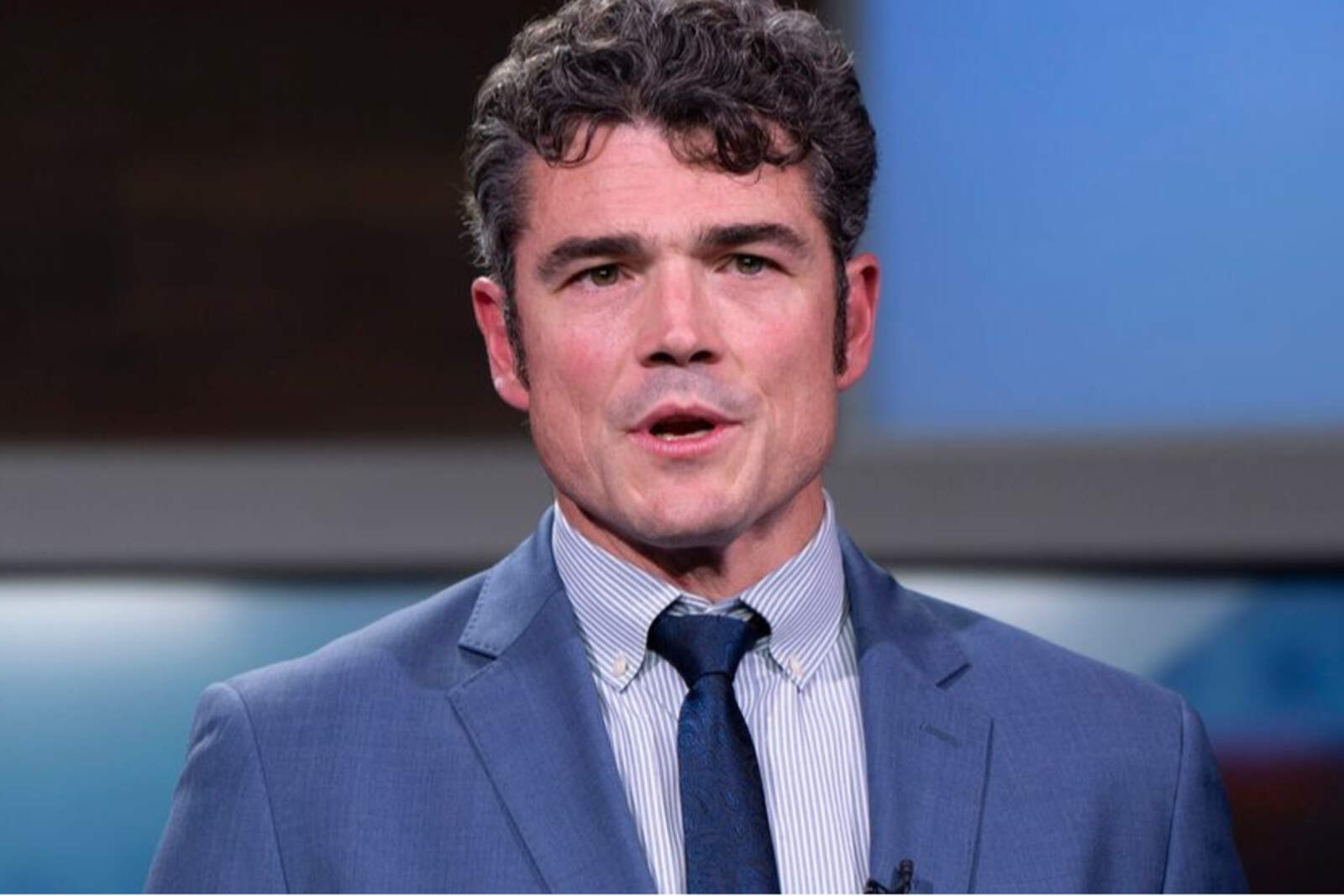
Meanwhile, John Ratcliffe, the CIA Director, expressed that the position offered by the Vice President seemed convenient to him, as it would allow them to establish more accurately the position of all the Houthi terrorist operation points. However, through the chat, he expressed that he would still mobilize assets to carry out the attacks at that time.
On the other hand, there was Hegseth, who stated that the attack should be carried out for several reasons he argued, despite agreeing with Vance's position.
